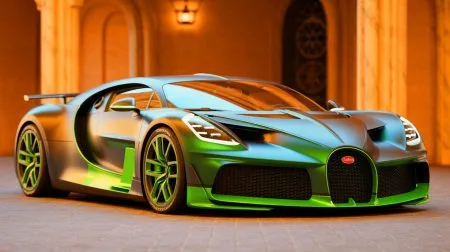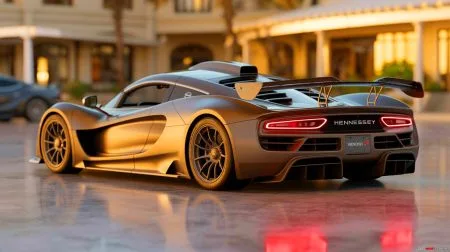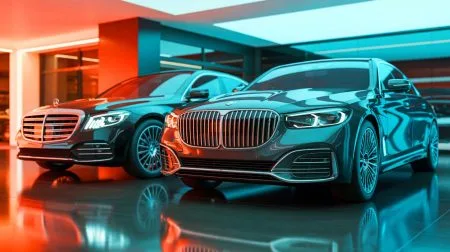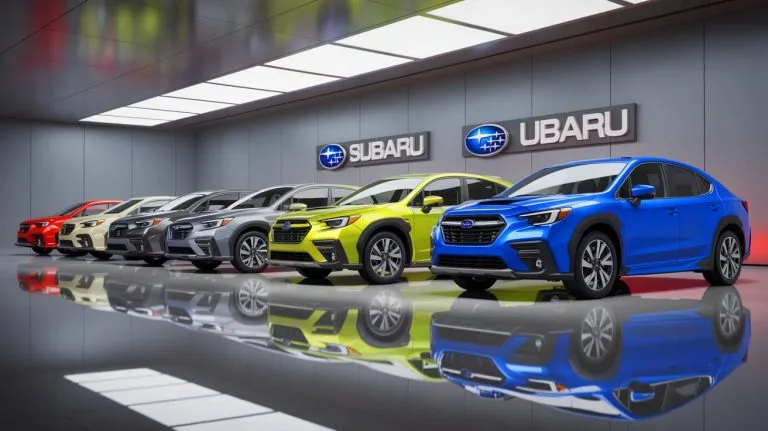| IN A NUTSHELL |
|
Consumer Reports has unveiled its 2024 brand reliability report, revealing a surprising shift in the automotive landscape. Subaru has climbed to the top spot, taking over from longstanding leaders Toyota and Lexus. This shift is based on an extensive analysis of over 300,000 vehicles, assessing factors like owner satisfaction, safety, expected reliability, and road test outcomes. The report highlights how Subaru’s consistent use of proven components across model years has contributed to its rise in reliability. As the industry evolves with new technologies, Subaru’s strategy of sticking to reliable parts has paid off, offering a lesson in balancing innovation with dependability.
Subaru’s Rise to the Top
Subaru’s ascent to the pinnacle of Consumer Reports’ reliability rankings is noteworthy, considering the fierce competition within the automotive industry. The report evaluated vehicles sold between 2000 and 2025, analyzing various criteria to determine the most reliable brands. Subaru’s strategy of utilizing components consistently across multiple models and years has been a key factor in its success. This approach minimizes the likelihood of new issues arising, a point emphasized by Steven Elek, the head of Consumer Reports’ car data analytics program.
While cutting-edge technologies often dominate headlines, Subaru’s emphasis on stability and reliability through familiar components has proven effective. This strategic choice has allowed the brand to outpace even established leaders like Toyota and Lexus. By focusing on established and dependable components, Subaru has created a robust reputation for reliability, resonating well with consumers who prioritize a trouble-free ownership experience.
Understanding the Reliability Scores
The reliability scores in Consumer Reports’ survey are meticulously calculated, considering a multitude of factors. These scores, ranging from 0 to 100, are derived from the analysis of 20 potential trouble areas, including minor issues such as paint imperfections and major concerns like engine or transmission failures. The severity of these issues is carefully weighted to provide an accurate reflection of each brand’s reliability.
Subaru’s models fared impressively, with six out of seven receiving average or above-average ratings. Notably, the only underperforming model was the Solterra EV, co-developed with Toyota. This reflects a broader trend in the industry, where electric vehicles are gaining ground but still face challenges in terms of long-term reliability. As more consumers consider EVs, the reliability of these vehicles will play a crucial role in their widespread adoption.
Comparative Insights: Subaru vs. Toyota and Lexus
Subaru’s average reliability score of 68 out of 100 surpasses both Toyota and Lexus, who scored 62 and 65, respectively. The disparity can be attributed to certain Toyota models, such as the Tacoma, Tundra, and bZ4X SUV, which received below-average ratings. These specific models negatively impacted Toyota’s overall reliability score, paving the way for Subaru to claim the top spot.
Meanwhile, other U.S. brands like Jeep, GMC, Cadillac, and Rivian grapple with reliability challenges, with scores as low as 14 for Rivian. However, some models from U.S. manufacturers, such as the Ford Mustang and Chevrolet Trailblazer, achieved above-average reliability scores. This highlights the diverse performance within the domestic automotive market and underscores the importance of continuous improvement and innovation.
The Impact of Consistency in Automotive Design
Subaru’s triumph in the reliability report underscores a critical lesson for the automotive industry: the value of consistency. While many brands rush to integrate cutting-edge features and technologies, Subaru’s approach of maintaining proven components has proven effective. This strategy not only enhances reliability but also fosters trust among consumers seeking vehicles they can rely on.
Beyond reliability, Subaru’s success extends to the overall brand rankings, where it has surpassed renowned names like BMW, Porsche, and Honda. This achievement reflects the brand’s commitment to delivering quality and dependability. As other brands, including Audi and Infiniti, strive to improve their standings, Subaru’s approach serves as a testament to the enduring value of consistency and reliability in an ever-evolving industry.
As the automotive industry continues to evolve, Subaru’s rise as the most reliable car brand offers a compelling narrative. It raises important questions about the future of automotive design and the balance between innovation and reliability. Will other automakers adopt similar strategies, or will they continue to prioritize cutting-edge technology at the risk of reliability? The answers will shape the future of the industry and consumer trust in automotive brands.
Did you like it? 4.4/5 (29)






